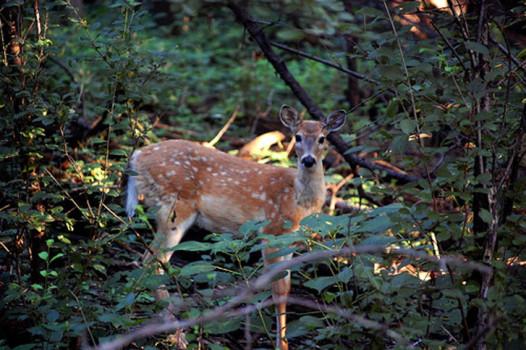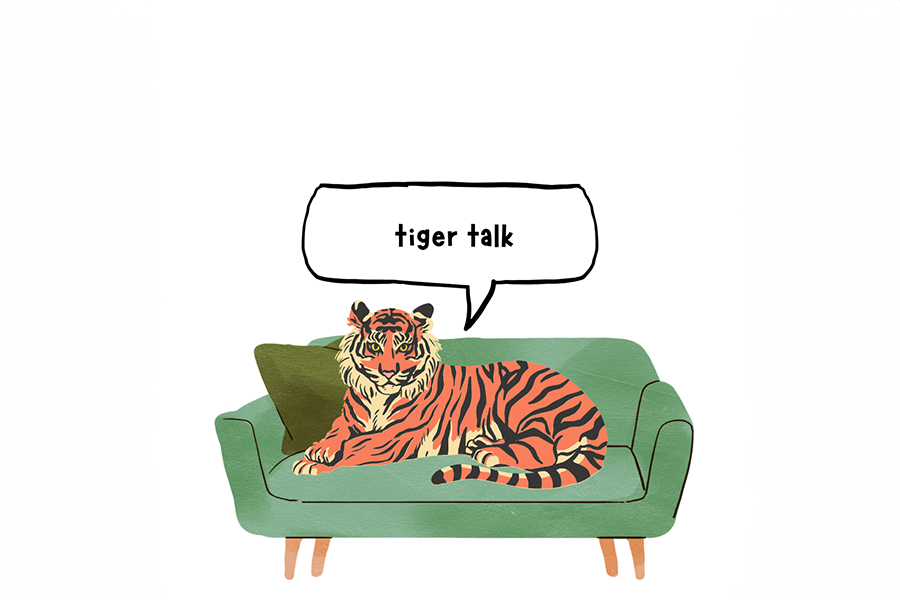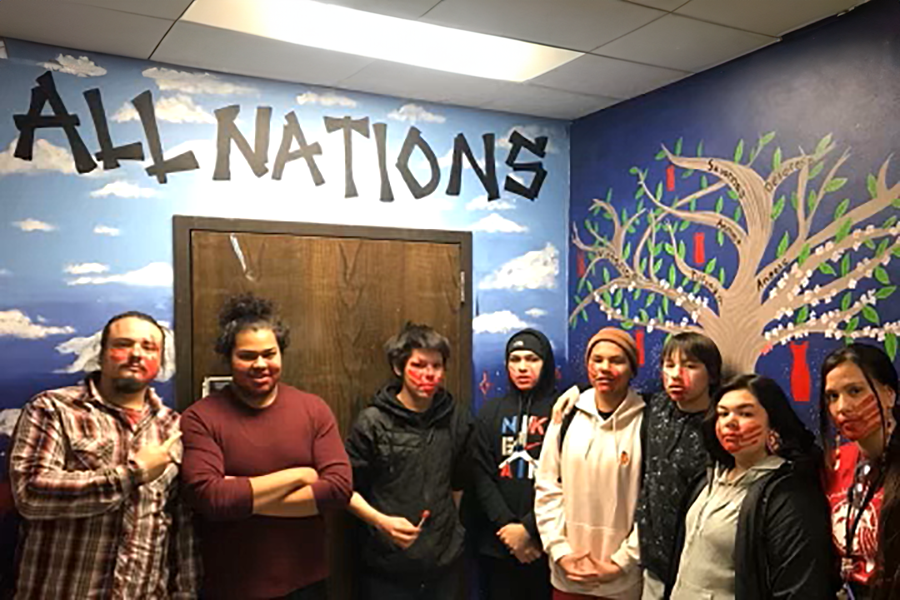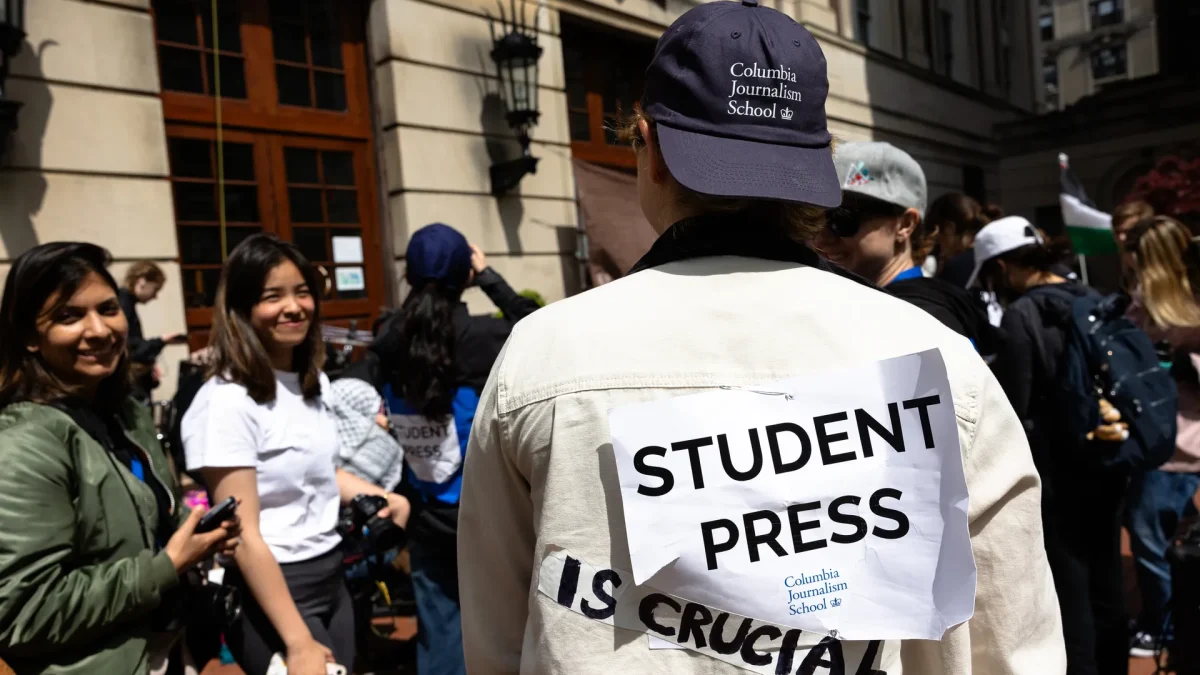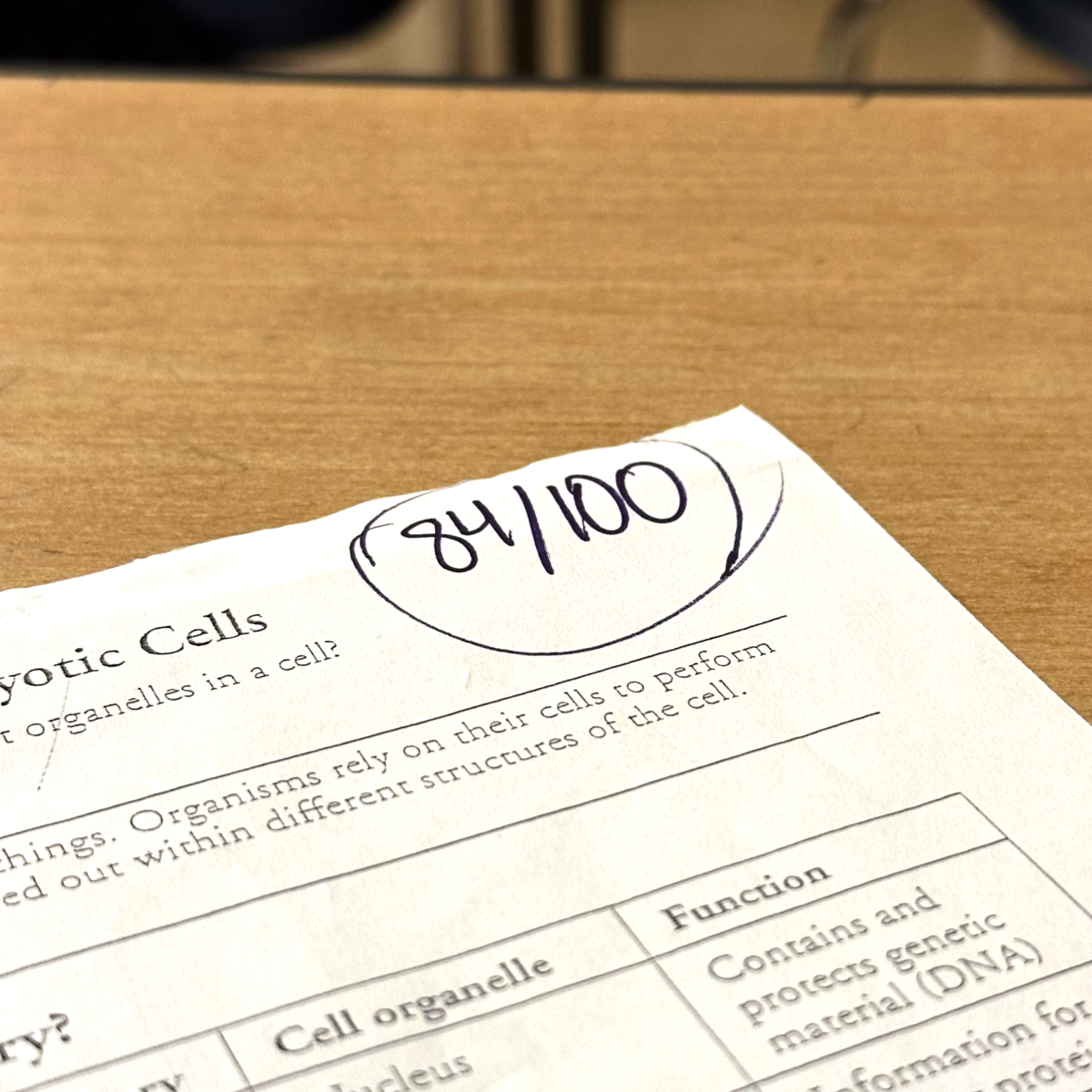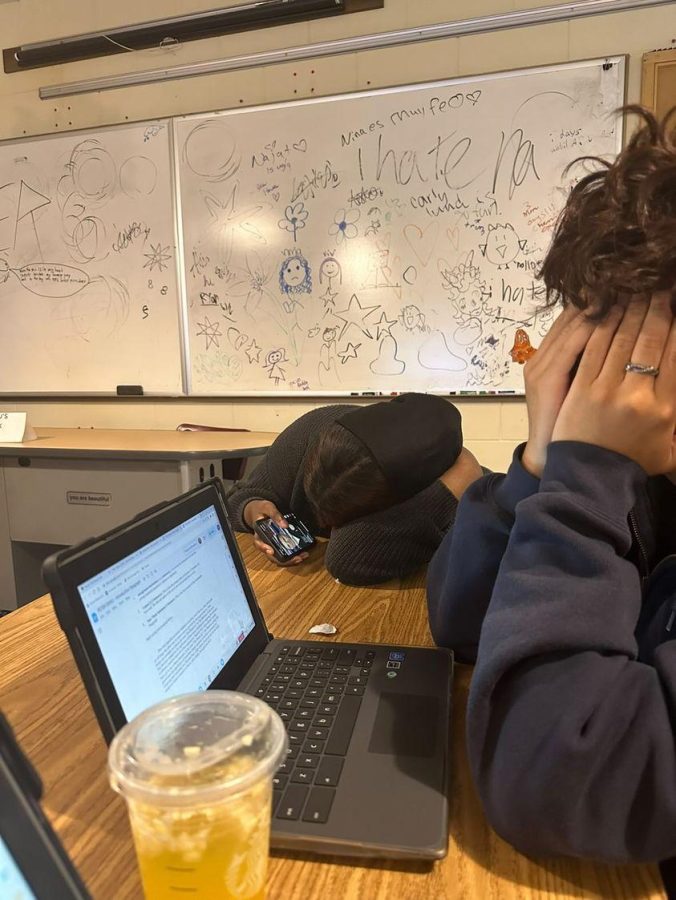Recreational hunting is something humans have done for many thousands of years. The first so called “humans” hunted for survival before agriculture came along. Humans were also the first mammals to hunt with tools. It is our natural instinct to hunt. Many mammals hunt for food, but having empathy for their prey is what makes humans unique.
Hunters do a great service by holding down the population of wild game, which otherwise would explode in booming numbers as we know from studying history. For example, the deer population needs to be controlled because deer that are too numerous literally eat themselves out of house and home. Too many deer would result in starvation. Hunting also prevents disease among deer. Overpopulation of deer inevitably results in disease spreading throughout the herd. Deer are considered to be social animals but they are not designed to be overcrowded. The die-offs caused by over population create far more suffering in the animal world then does quick death resulting from recreational hunting.
Hunting promotes the continuation of wildlife through taxes and stamps that have to be purchased by the hunter. The natural resources taxes collected through all of these sales go toward maintaining wildlife. According to the 2010 Minnesota hunting and trapping regulations handbook, a deer hunting license costs $26. That money goes to the Department of Natural Resources and they use it for preserving natural habitat in Minnesota. Over the last century, strict sets of regulations administered state-by-state have been enforced to limit the hunters’ take of an animal. There is also a voluntary code of ethics that includes making sure animals don’t suffer unnecessarily as a result of anything the hunter may do. The vast majority of anti-hunters contribute little or nothing toward the existence of wild animals. If anti-hunters love animals so much, they have the hunters to thank for being able to see any wild animals at all.
And the animals that hunters catch are usually used as food. This food is far more healthy for both the environment and the consumer. Factory farmed meat contains harmful antibiotics, and the huge feed lots produce tons and tons of methane gas that goes into our atmosphere. Catching your own food is a much better alternative to eating McDonald’s.
Many hunters have also worked hard to dramatically improve their safety record over the last 50 years, making hunting one of the safest outdoor activities. Overall, hunters are safe and responsible and the vast majority of hunters are very careful to keep things that way. Recreational hunting is a great way for families to spend time together and enjoy the great outdoors.

